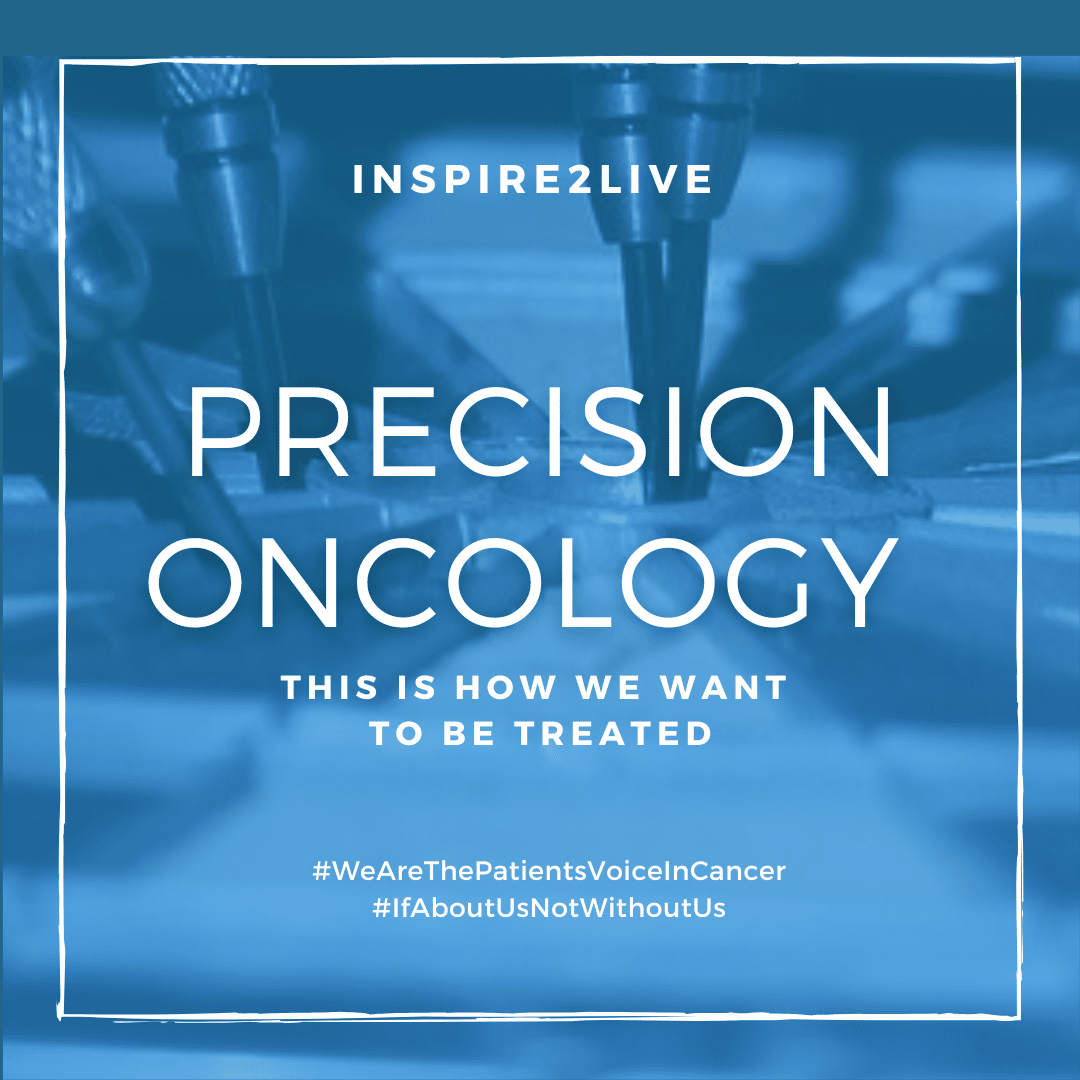Evidence-Based Medicine is the performance of the average
and it is currently preventing the implementation of new techniques”
It’s hard to imagine that this quote comes from our Precision Oncology working group which is so firmly rooted in science. Dr. David Sackett, the founder of evidence-based medicine (EBM), describes it as “…the conscientious, explicit and judicious use of current best evidence in making decisions about the care of individual patients. It means integrating individual clinical expertise with the best available external clinical evidence from systematic research”. In short, it’s a combination of best research evidence, clinical expertise and patient values and preferences. Yet, in practice, we seem to have lost the clinical expertise and the patient values and preferences.
The loss of these two crucial EBM components is why we are having so many difficulties in implementing Precision Oncology. The holy grail of EBM has become the randomised control trial (RCT), or as it is often referred to in advocacy circles, the “randomised controlled terror”. Now, it seems to be the only thing we take into consideration. And that’s not good enough.
Precision Oncology is about finding the right treatment for each individual patient based on how their disease is manifesting at this moment. Cancer is constantly mutating and this means we have to implement sound innovative diagnostics in combination with drug-screening, repeating as often as necessary, because the cancer and the state of the patient are forever evolving. As patients, we need a more effective strategy to increase our chances against this disease, a strategy which combines clinical expertise with patient values and preferences alongside research.
As we speak, this combination is already possible. Of course, it will be even better in 5 years’ time and, if we wait for another 25 years, it will probably be perfect. But perfection is the enemy of good. 30 years ago, none of the children diagnosed with leukaemia would have survived. Thanks to trials and innovative treatment approaches, more than 90% of children with leukaemia can now be cured. Innovative approaches beyond RCTs work and this has been proven. So, let’s start using Precision Oncology with patients who have unmet medical needs and learn from this. We’re convinced that the majority of patients with pancreatic cancer and glioblastoma, who all die within 1 or 2 years of diagnosis, will survive another 10 years. It has been done before and we can do this again.
This is how we want to be treated.
Piarella Peralta & Peter Kapitein
Patient Advocates, Inspire2Live

